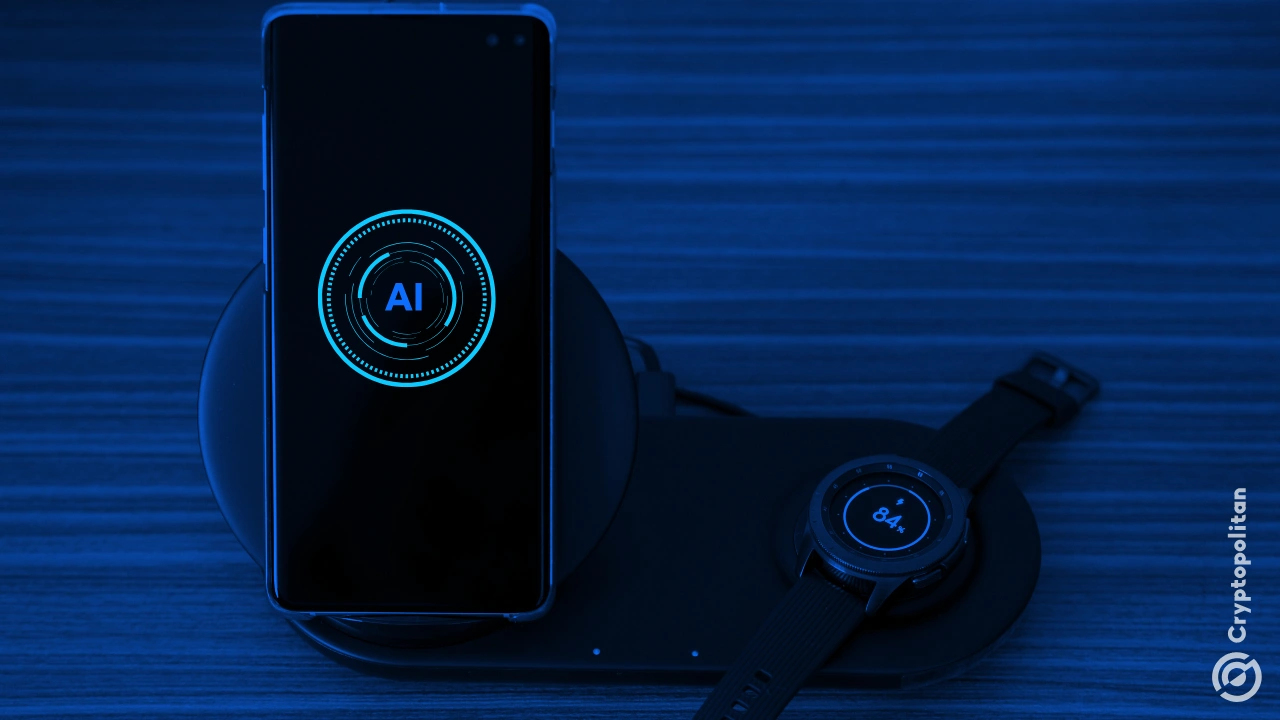Samsung wants to crush the competition in consumer electronics, and AI is its weapon of choice. The company wants to outpace the growth projected for the global consumer electronics market in 2025.
CEO Jong-Hee Han, who also heads Samsung’s Device eXperience (DX) division, said they’re expecting a 4%-5% jump in their mobile business this year, outpacing the broader market. TVs and home appliances aren’t being left behind either.
The strategy is to just shove AI into everything. From refrigerators to robot vacuums, their devices are now getting smarter by the day. The Galaxy S24 series, their latest premium smartphone, can translate foreign language phone calls in real-time — no need for a translator app.
Samsung unbothered about Chinese competitors
Chinese brands like Huawei and Xiaomi are breathing down Samsung’s neck. They’re rolling out high-end smartphones with killer specs at wallet-friendly prices. Samsung could slash prices to compete, but Han said that’s not the plan.
Instead, they’re banking on security and convenience to stand out. “Competition is helpful,” Han said, playing it cool, but it’s clear Samsung knows it’s in a dogfight. While the company fights on the product front, its semiconductor division is dealing with its own set of problems.
Once the undisputed king of memory chips, Samsung has lost ground to SK Hynix in the high bandwidth memory (HBM) chip market. HBM chips are essential for AI leaders like Nvidia, and falling behind in this space is a major headache.
To fix it, Samsung announced a leadership reshuffle in November. Jun Young-hyun, now co-CEO and head of the memory chip division, is tasked with closing the gap and getting Samsung back in the game.
Financial forecasts and a rare apology
Samsung’s financial numbers tell a story of recovery but with some hiccups. Operating profit for Q4 2024 is estimated at 8.2 trillion won ($5.6 billion). That’s a huge leap from 2.8 trillion won a year ago, but it’s still below the 9.18 trillion won reported in the prior quarter.
Investors aren’t thrilled, and Samsung’s leadership knows it. In October, Jun issued a rare apology for the disappointing Q3 performance, admitting the company had to do better.
But it’s not all bad news. Samsung announced a 10-trillion won ($7.6 billion) share buyback plan in November, which is great for investors.
Meanwhile, the semiconductor sector is buzzing. Nvidia’s stock jumped 3.4% recently, hitting a record $149.43. Microsoft added fuel to the fire with an announcement of an $80 billion investment in AI-focused data centers for 2025.
Foxconn, another industry giant, posted record Q4 revenue, partly thanks to AI servers. These have pushed the VanEck Semiconductor ETF up by more than 3%.
Tech stocks are riding the AI wave, but not everyone’s benefiting equally. The Nasdaq Composite climbed 1.24%, and the S&P 500 rose 0.55%. But the Dow Jones Industrial Average took a small hit, dipping 0.06%. This drop came after rumors that Trump might ease tariffs on imports, though he has denied it.
Land a High-Paying Web3 Job in 90 Days: The Ultimate Roadmap





